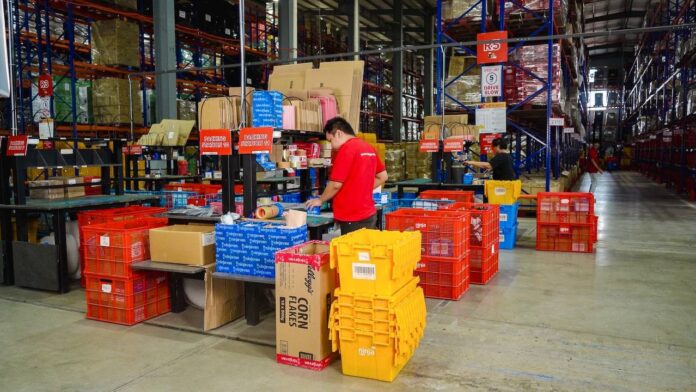Mindanao is no longer just the “next frontier”—it is rapidly becoming the frontier of economic growth in the Philippines.
Northern Mindanao, in particular, officially crossed the trillion‑peso economy mark in 2024, posting a 6.0 percent growth rate that exceeded the national average.
With 42 economic zones and over 100 active enterprises, the region is drawing strong investor interest. Meanwhile, consumer demand continues to surge—NielsenIQ projects Mindanao to lead fast-moving consumer goods (FMCG) growth by 2025.
However, growth potential is not enough.
For businesses headquartered in Metro Manila or Luzon, expansion into Mindanao comes with complex challenges: geographic distance, fragmented supply chains, limited visibility, and operational hurdles. To bridge the gap between opportunity and execution, businesses need a reliable logistics partner.
“Mindanao’s market offers a massive opportunity, but it has to be earned,” said Vin Perez, Country Head of Ninja Van Philippines. “Those who can consistently deliver across the region will be the ones to benefit as demand accelerates.”
Mindanao has benefitted from infrastructure investments such as the Davao International Airport and Davao International Container Terminal, but logistical barriers remain. Few logistics providers can operate efficiently at scale in such diverse terrain.
Ninja Van Philippines is among those that can. Its multimodal transport system covers 95 percent of Mindanao, excluding Basilan, combining air and land freight with approximately 2,500 active riders for last-mile delivery across communities.
“In a market where speed and reliability are paramount, a logistics partner is more than a delivery service—they are a competitive advantage,” Perez said.
Businesses managing operations from afar often face blind spots—delays, errors, and missed sales due to long transit times and inconsistent tracking. Ninja Van addresses this with an end-to-end tracking system, providing real-time updates and centralized operational visibility.
“Transparency empowers businesses to make informed decisions quickly,” Perez explained.
But technology is only one part of the solution. Ninja Van employs staff from the communities they serve, giving them vital local knowledge that no GPS can replace. In areas without street numbers or reliable signals, knowing the terrain, the landmarks, and even the local barangay captain can make all the difference.
By combining advanced systems with hyperlocal expertise, Ninja Van is enabling businesses to thrive in one of the country’s fastest-growing markets.







